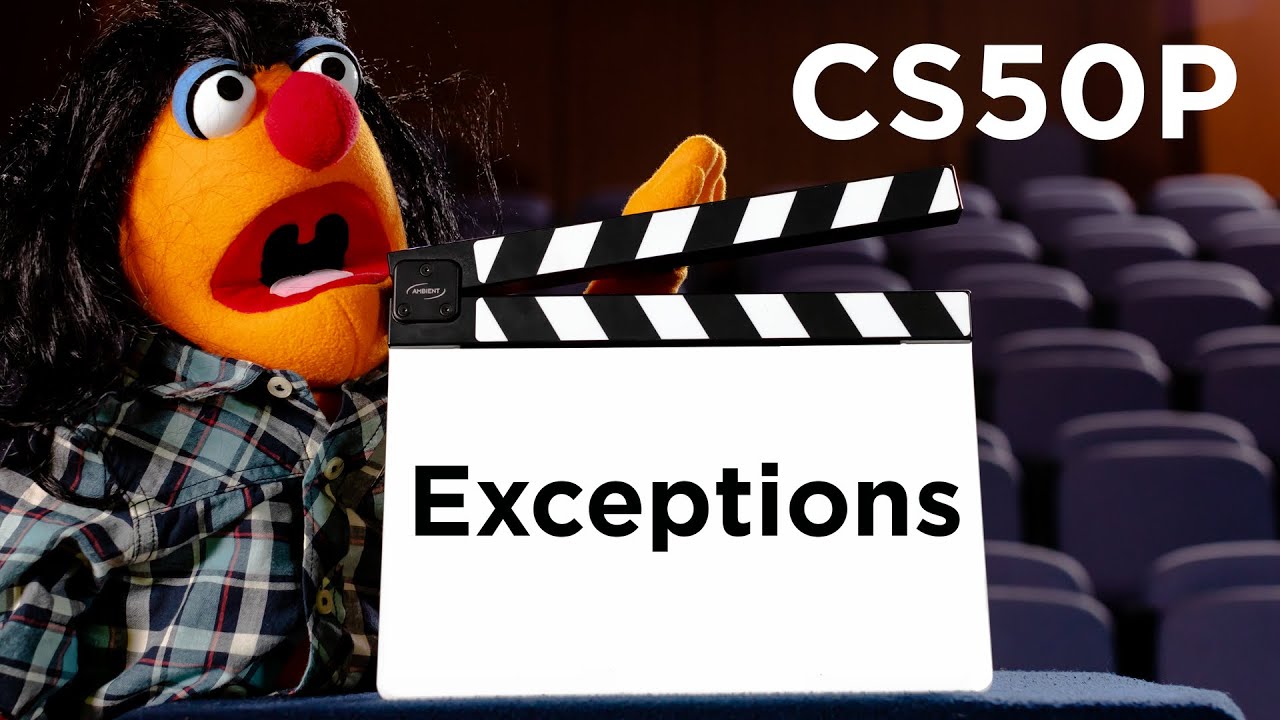Teaching CS50 with AI
Summary
TLDRIn this talk, David Malan, Harvard's CS50 instructor, explores how AI has transformed computer science education. Highlighting CS50's own AI tools, including the virtual rubber duck and VS Code extensions, he demonstrates how students can receive guidance on code explanation, style, and design without being given outright solutions. These AI-driven tools act like patient, personalized teaching assistants, offering iterative feedback, reducing reliance on in-person office hours, and improving student performance. Malan emphasizes the pedagogical guardrails implemented to maintain academic integrity while enhancing learning, showcasing a model for leveraging AI in education that is scalable, interactive, and highly supportive.
Takeaways
- 😀 CS50 is Harvard University's introductory computer science course, also available at Oxford and online for free via open courseware.
- 😀 AI tools like ChatGPT have been restricted from providing outright answers or code to maintain academic integrity.
- 😀 CS50 developed its own AI-based tools, including CS50 Duck and CS50.dev, to assist students without giving direct solutions.
- 😀 The concept of 'rubber duck debugging' helps students articulate their problems, often leading to insights even without AI responses.
- 😀 CS50's virtual rubber duck evolved to respond in natural language using underlying AI APIs, enhancing student support.
- 😀 The course built pedagogical guardrails on top of AI to guide students toward solutions rather than giving answers outright.
- 😀 Features in VS Code include 'explain highlighted code', 'Style50', and 'Design50' to help students understand, format, and improve code design interactively.
- 😀 Students can interact with AI in CS50.AI to ask questions and receive teacher-like guidance while maintaining academic honesty.
- 😀 AI integration has significantly increased engagement and improved learning outcomes, reducing in-person office hour attendance but enhancing iterative feedback.
- 😀 Future initiatives include adaptive digital oral exams, providing personalized assessments and further improving student learning.
- 😀 The AI tools provide an ego-free, patient, and individualized tutoring experience, enhancing the overall learning environment.
Q & A
Who is David Malan and what course does he teach?
-David Malan is a professor at Harvard University, and he teaches CS50, which is Harvard's introduction to computer science and the art of programming. The course is also offered through the University of Oxford and online via open courseware.
Why did CS50 initially restrict the use of AI-based tools like ChatGPT?
-CS50 restricted AI-based tools to prevent students from receiving outright solutions to code assignments, which would undermine learning in a course largely oriented around programming and problem-solving.
What is the CS50 virtual rubber duck and its purpose?
-The CS50 virtual rubber duck is an AI-based tool designed to implement rubber duck debugging, helping students verbalize their confusion and think through programming problems. It provides guidance without giving direct answers.
How did AI enhance the functionality of the virtual rubber duck?
-With the advent of ChatGPT and API access, the virtual duck started responding in natural language, providing explanations and guidance akin to a teacher rather than just pseudo-random quacks.
What architectural components support CS50.AI?
-CS50.AI is a web-based infrastructure that communicates with APIs from Microsoft Azure and OpenAI, and includes a local vector database for retrieval-augmented generation (RAG), allowing the virtual duck to provide precise, course-specific guidance.
What features does the CS50 VS Code plugin provide?
-The plugin allows students to highlight code and request explanations of specific lines, receive style feedback through Style50, and get design advice through Design50. It aims to provide teacher-like guidance without giving outright answers.
How does CS50.AI ensure academic honesty?
-System prompts instruct the AI to act as a supportive teaching assistant and rubber duck, answer only CS50-related questions, and avoid providing full solutions to problem sets.
What impact has AI had on student engagement and office hours?
-AI has reduced reliance on human TAs for simple questions, decreased in-person office hour attendance from 51% to 30%, and increased student interaction with virtual tools, resulting in better iterative learning.
How has student performance been affected by the use of AI tools?
-Grades have improved due to iterative feedback provided by AI tools, allowing students to refine code, style, and design over time rather than submitting initial attempts without guidance.
What future developments are being explored for CS50.AI?
-CS50 is experimenting with digital oral examinations where the AI dynamically asks students questions about weekly material, providing individualized assessments to evaluate strengths and weaknesses.
What is the key benefit of AI-based tutoring according to students?
-Students report that AI tutoring feels like having a personal tutor, offering patient, non-judgmental responses to all questions, even basic ones, and helping them learn without ego or frustration from human instructors.
Outlines

このセクションは有料ユーザー限定です。 アクセスするには、アップグレードをお願いします。
今すぐアップグレードMindmap

このセクションは有料ユーザー限定です。 アクセスするには、アップグレードをお願いします。
今すぐアップグレードKeywords

このセクションは有料ユーザー限定です。 アクセスするには、アップグレードをお願いします。
今すぐアップグレードHighlights

このセクションは有料ユーザー限定です。 アクセスするには、アップグレードをお願いします。
今すぐアップグレードTranscripts

このセクションは有料ユーザー限定です。 アクセスするには、アップグレードをお願いします。
今すぐアップグレード関連動画をさらに表示

CS50 REVIEW In 2025 - Still the best Computer Science Course to Learn? (Harvard, edX)

CS50x 2025 - Introduction

Can I find a job after completing CS50?

Computer Scientist Answers Computer Questions From Twitter

CS50P - Lecture 3 - Exceptions

How I Learned to Code in 4 MONTHS & Got a Job Offer (no CS Degree)
5.0 / 5 (0 votes)
